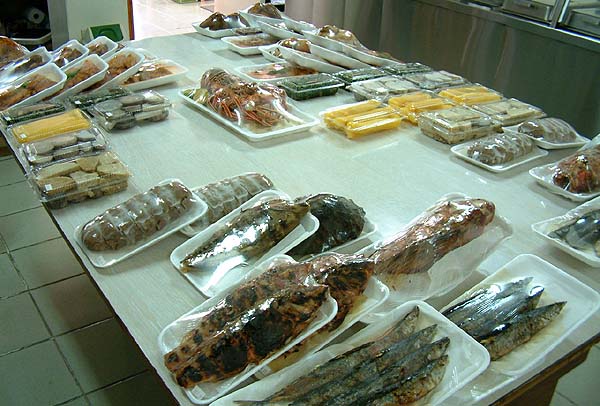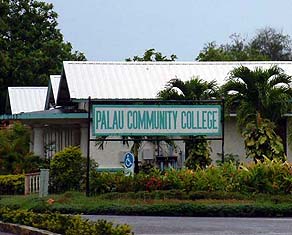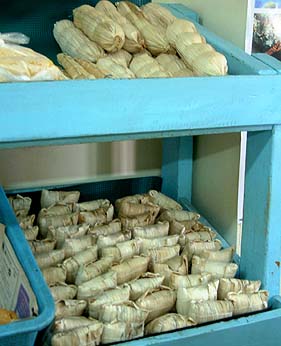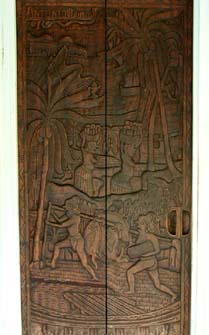 |
 |
 |
 |
||||
|
|
|
|
|
|
|
|
|
|
|
|||||||
“For Palauans to be able to appreciate their surroundings and to take care of Palau,” Noah says, “I think they need to have that connection with environment, to have that sense of being part of it. In Palau, if you grow up in the village, everyday you have some activities relating to your environment. You may be swimming, you may be going fishing, or you may be in the forest collecting firewood. Throughout that time you’re always making observations, engaged in ways of knowing the environment. I think that’s what gives a Palauan a sort of sixth sense that allows them to be really in tune.”
|
||
|
|
||
“Food habits are changing—maybe people will not be eating turtle soon. But I think the connection with the sea is being lost. As a result, the younger generations might not come to really understand how the wind behaves at certain times of the year, or what sort of fishing is associated with certain environmental conditions. And I think the folklores are being lost, or are being misinterpreted, or maybe they’re not being used. “For the future, I believe we would have to change. The attitudes have changed, education is changing. I think we need to look at a different way to educating our kids about resource use. Certainly I think the most important part is to reconnect our kids and everybody to the environment."
|
|
|
“We have a good education program. But I think more experience is what we need—we need to have students get out there into nature, feel it for themselves. You can learn from books, but you also need the experience, having kids be part of the environment and learning it that way. It’s a reconnection. “The classroom will be the most important part of the learning process, because parents are working and we need to find some way of accommodating them. So we must try to do that learning part in the classroom, as well as having field activities that let them go out and be part of nature.”
|
|
|
|
“We talk about strengthening traditional leadership, but I think Palauans ought to be fully trained both in their ways and in the Western ways. There’s no choice. We need to be fully aware of Western society to fully understand everything that allows you to be a world citizen. "At the same time it is important to appreciate your culture, everything around it, and to know it well. I don’t think it matters whether they go do one thing and go back and do another thing, but I think at some point in time a person in Palau should know both. It ’s hard to mesh the two together, but you need to learn everything on this side and learn everything on that side, because it’s kind of a two-track society right now, and we’re not quite sure how we mesh them together. I think knowing both tracks fully is a step in the right direction.”
|
||
|
|
||
“There are lots of things we can do but it requires the community learning, experiencing and growing just as quick and even more quickly because of television and the changes that are coming so fast. We need to accelerate our learning process on the cultural side and the heritage aspects so adjustments can be made as we go. "Otherwise, some things will get left behind, and over time Palauans will not be able to relate to their environment and they will probably won’t think about, they probably won’t miss Palau. If they don’t miss Palau, they won’t come back. We need to keep that connection, so that wherever they are, they always want to come home.”
|
Boat off Airai Village.
|
|
|
|
Produce from Airai Farm, at the Desekel Market in Koror.
|
“I like to talk to about three Palauan terms,” Tina states: “They are tekói, telóoch, and ongelaod. Tekói is the language. As long as you have the language, the language will in a way be a core of maintaining the culture. Because if you use the language, you use the culture—as long as we have the language and the names of villages, the names of estuaries, the names of reefs, the names of taro patches, and so on."
|
||
|
|
||
"Building with that is the second one, the telóoch. Telóoch is a term referring to when you chew something and it is all combined, and when you swallow, that last taste before you swallow that is called telóoch. “Telóoch is also what ties a people to their environment and to their land and to their country. Because as long as we have the fish and the taro and such, that would be our telóoch, our food. When you work on the island, surrounded by the big supermarkets, you see telóoch from the Philippines, telóoch from Japan, telóoch from U.S., and you go to Yano’s and you see local telóoch."
|
|
|
"But now we are beginning to see local telóoch in big supermarkets: you see taro, frozen fish in the store as well. So the concept is that telóoch will also keep a person rooted to their culture. “There is nothing wrong with eating sushi and pancit and so on, because you’re part of the global community. But as long as there are those ingredients that make the food as part of our culture, that will also make people ensure that they still have fishing grounds, and place where they go get crab and lobster. Not only for themselves but also to make money out of it, selling to restaurants."
|
|
|
|
“And then the third one is ongelaod. Ongelaod is what makes people happy—entertainment. That is how the arts entertain. That is how you keep your dancers and story telling, poetry and proverbs. And so I imagine if there is no ongelaod in your country, because you come from a place where you have Michael Jackson, And you have the metropolitan museum art of all that stuff. "So those are the kind of things because you know you are too busy doing other stuff, we also need to ensure that people are getting some thing of fun things to do. And feast of the eyes and ears and senses and that’s the concept of ongelaod."
|
|
|
“Those are the three things that kind of encompass the whole concept of our culture preservation. And just the fact that we’re building a new National Museum shows that our country is serious. Our museum has been around since 1955 and it has sort of been on the back burner: ‘Oh, the National Museum, that is a place for cobwebs.’ "But it is not, you know. And now Palauans are realizing, ‘hey, you know those cobwebs are part of us, and we need to make sure that they are part of us, as we move from yesteryear to yesterday and to today'. "And of course in Palau, as with all people, it is important to have an education. And so those are also part of the national agenda of this country."
|
|
|
|
“So I am optimistic, I don’t want to be negative and say, ‘oh, we’re losing our culture,’ because I don’t think we are. But preservation is not an easy task. It takes some convincing and lobbying. At the same time, we need to make sure that all the other things that make this holistic approach will be part of that.”
|
||
|
|
||
|
|
|
|
|
|

|
| Airai Home | Map Library | Site Map | Pacific Worlds Home |
|
|
|
|

|
|
|
|||
| Copyright 2003 Pacific Worlds & Associates • Usage Policy • Webmaster |
|||










